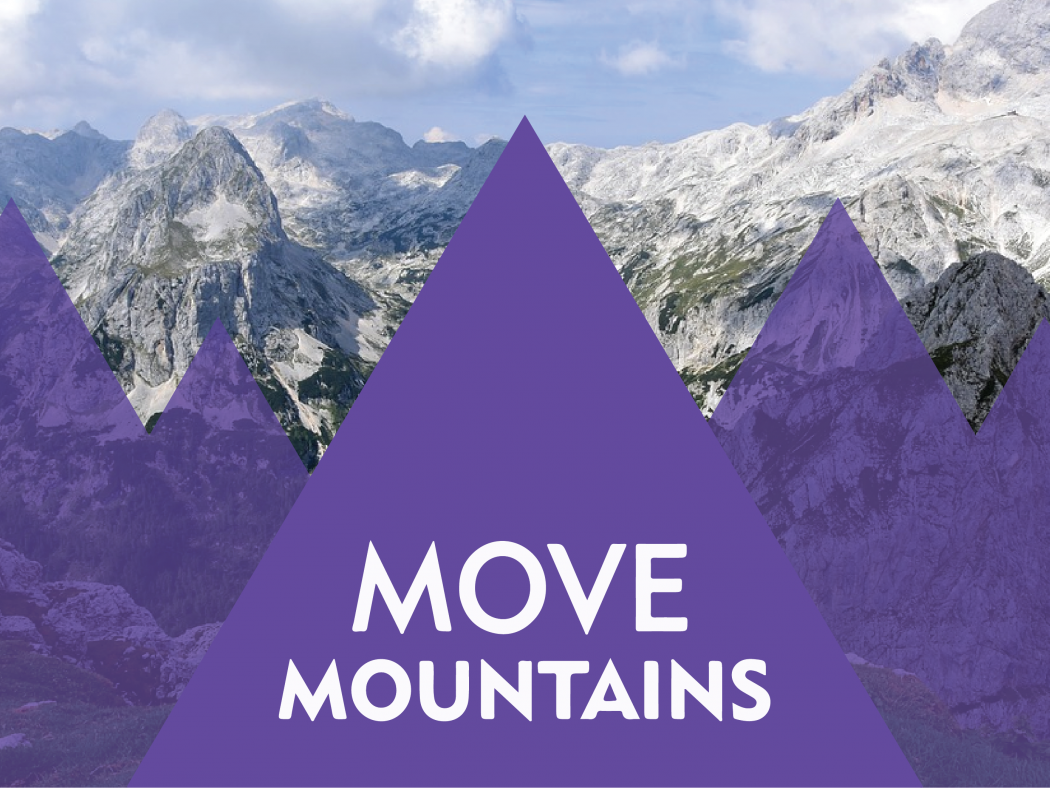The Political Frontier of Free Community College

Transcript: The members of Sigma Phi interviewed students and administration on the political frontier of free community college.
Why did you choose to pursue a community college education?
"So I decided to go to community college so that I could save some money and then transfer to get my four-year degree. It's a lot cheaper." "Uh, save a little money because I wasn't sure exactly what I wanted to do after high school." "It's a smaller class and you can really interact with teachers and professors." "I want to get a strong footing in order to pursue a four-year degree."
How would the free community college initiative benefit you?
"It would make me want to go to community college more instead of taking out loans and paying more money for the rest of my life." "I would be able to cut my student loans." "It might take stress off of me in the future if I decide to have children and want to pay for their education." Joan Anderssen, Professor of Economics [at Arapahoe Community College]: "Last year, seventy-one percent of US college graduates had student loans to pay off with a whopping $33,000 in debt per student. Americans now have more collective student loan debt, 1.3 trillion, than any other kind of debt. Right, it's more than credit card and auto loan debt. These high levels of student debt are also serving to perpetuate an even worse economic inequality here in the US, undercutting the opportunity and social mobility that higher education has for a long time promised."
Do you think post-secondary education is a public or private good?
"Public, for sure." "I honestly think it's both, actually. The reason why I think it's public is because it is open for anyone of any age to really join. But I do see it as a private because it's a choice." Dr. Diane Hegeman, Vice President for Instruction [at Arapahoe Community College]: "I believe that has a many-perspective response. But, bottom line, I do believe that everyone has the right to access post-secondary education, but I also believe the public has an accountability aspect to this complicated question."
What are some obstacles you see in the free community college initiative?
"The first and foremost is how is it getting paid for, where is it coming from." "I think some people might try to take advantage of it." "I think the biggest obstacle would be market saturation." "I'm afraid some students will not try as hard." "Too many people filling the system and straining the resources of the community colleges." Dr. Lisa Mayte Edwards, Vice President of Student Affairs [at Arapahoe Community College]: "I do see capacity issues, making sure that the classes are available for student to take in a meaningful way and in sequence." Dr. Diana M. Doyle, President, Arapahoe Community College: "Well, certainly funding is going to be an issue. Someone has to pay for it. And that is going to be a complex resolution. Does that start at the federal level? How does it flow through at the state level? What is the obligation of the colleges themselves, both public and private? And then the students. I think accountability on the part of the students is important as well."
What kinds of services do you need to succeed in community college?
"I really have benefited from the math lab and the Student Success Center." "A good library and good advising services." "I think that access to tutors...it's crucial." "I think there needs to be good sources of technology that students can use." Rachel Weir, Assistant Director, Disability Services [at Arapahoe Community College]: "And I think to prepare, here at a community college in particular, we would definitely need to assess how we are managing our time. Where are we really invested in, and can we make a shift?" Dr. Diana M. Doyle, President, Arapahoe Community College: "First is we are going to have to be more creative in how we advise students. We're going to have to restructure our advising processes. Secondly, colleges need to rethink how we deliver education. The days of the traditional sixteen-week course are probably going to have to change quite a bit. These are all adjustments that colleges will have to make in order to accommodate an increased student population." Joan Anderssen, Professor of Economics [at Arapahoe Community College]:"Thomas Jefferson said, 'An education is an all-important part to participatory democracy. This would help advance our democratic goals for our society.'"
Produced by the Members of the Sigma Phi Chapter and Phi Theta Kappa International Honors Society [at Arapahoe Community College]
